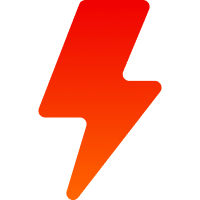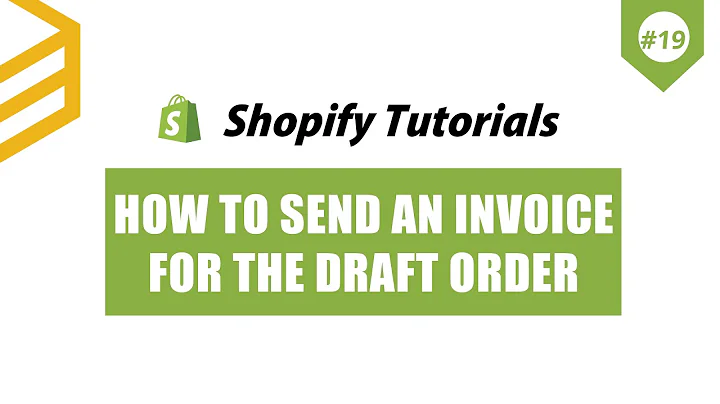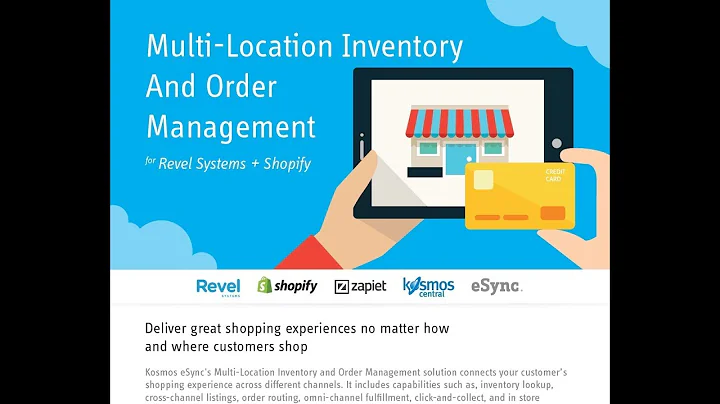Shopify vs Etsy: Choosing the Best Print On Demand Platform
Table of Contents:
- Introduction
- The Similarities Between Shopify and Etsy
- The Differences Between Shopify and Etsy
- Simplicity of Setting Up a Store
- Customizability Options
- Pricing and Fees
- Benefits of Etsy
- Drawbacks of Etsy
- Benefits of Shopify
- Drawbacks of Shopify
- Which Platform is Better for Beginners?
- Transitioning from Etsy to Shopify
- Conclusion
Which Platform Should You Choose: Shopify or Etsy?
When starting a print-on-demand business, one of the biggest decisions you'll face is choosing between Shopify and Etsy. Although these platforms have some similarities, they also have significant differences that make each one better in its own way. In this article, we will provide a comprehensive breakdown of Shopify and Etsy, discussing their simplicity, customizability, pricing, and other benefits to help you make an informed choice for your first store.
1. Introduction
Before diving into the details, let's briefly explore the differences between Shopify and Etsy. Both platforms are well-known in the print-on-demand industry, but they cater to different needs. While Etsy is a user-friendly platform with limited customization options, Shopify offers extensive customization capabilities at the cost of added complexity.
2. The Similarities Between Shopify and Etsy
Though they have their differences, Shopify and Etsy share some common ground. Both platforms allow you to set up an online store and sell your print-on-demand products. They provide a user-friendly interface for managing your inventory, processing orders, and handling customer interactions. Additionally, both platforms offer payment gateways and integrate with various shipping services.
3. The Differences Between Shopify and Etsy
Despite their similarities, there are crucial differences between Shopify and Etsy that you need to consider. These differences can significantly impact your online store's success and your overall experience as a merchant. Let's delve deeper into these disparities to help you make an informed decision.
4. Simplicity of Setting Up a Store
If you're new to the world of e-commerce and want a user-friendly platform to get started, Etsy is an excellent choice. It's effortless to set up your store and requires minimal technical knowledge. Etsy provides a straightforward process that guides you through the store creation process, making it easy for beginners.
On the other hand, Shopify offers more complexity when creating your store. While this complexity grants you extensive customization options, it can be overwhelming for first-time users. If you're up for the challenge and willing to invest time and effort into learning the platform, Shopify can provide you with unparalleled control over your online store's appearance and functionality.
5. Customizability Options
When it comes to customizability, Shopify reigns supreme. It allows you to create a fully customized website where you can tailor every aspect of your store's design. From the layout and color scheme to the fonts and page structure, Shopify gives you the power to build a unique brand identity. Additionally, you have the option to use custom domains, further enhancing your store's professionalism.
Etsy, on the other hand, has limited customization options. While this restriction can be seen as a drawback, it prevents you from getting lost in the sea of choices. This simplicity ensures that your store looks clean and professional without overwhelming you with design decisions.
6. Pricing and Fees
Pricing and fees are crucial considerations when choosing an e-commerce platform. Etsy is free to join and doesn't charge a monthly or yearly fee. However, it does impose transaction fees and processing fees that significantly impact your profits. As of now, Etsy charges a 6.5% transaction fee, a 3% processing fee, and an additional 25 cents per sale, along with a 20 cent listing fee. These fees can add up and eat into your revenue.
In contrast, Shopify requires a monthly payment after a free trial period. While this payment might be challenging for beginners without consistent sales, it becomes more feasible as your business grows. One of the advantages of Shopify is its lower transaction fees. The cheapest plan charges only 2.9% plus 30 cents per sale, allowing you to keep more of your hard-earned money.
7. Benefits of Etsy
Despite its drawbacks, Etsy provides unique benefits that make it an excellent starting place for beginners. One of its standout features is the Explore page. Acting as its own search algorithm, the Explore page enables potential buyers to discover your products organically by typing relevant keywords. This can be especially advantageous when you're starting without an established social media presence.
8. Drawbacks of Etsy
While Etsy has its merits, it also has its fair share of drawbacks. The high fees per purchase can significantly reduce your profits. Additionally, the lack of customization options might hinder your ability to build a distinct brand identity. Furthermore, Etsy showcases related products on your page, potentially diverting customers' attention and leading to lost sales.
9. Benefits of Shopify
Shopify offers unparalleled customizability, allowing you to create a professional-looking website that aligns with your brand. With its vast selection of themes and the option to modify source code, you can design a store uniquely tailored to your vision. Furthermore, Shopify provides numerous plugins and integrations that enhance the functionality and aesthetics of your store, facilitating conversions and improving the overall customer experience.
10. Drawbacks of Shopify
Despite its customization options, Shopify's complexity can be overwhelming for beginners. Finding your way around the various customization settings might require some time and effort. Additionally, the monthly payment can be a financial burden for beginners who haven't yet established consistent sales.
11. Which Platform is Better for Beginners?
Both Etsy and Shopify serve their purposes, making it challenging to determine which is definitively better for beginners. If you're starting from scratch with minimal technical knowledge, Etsy's simplicity and affordability make it an ideal choice. The Explore page can help you get your first sales without relying heavily on social media presence.
Once you've gained traction, built a brand, and have a following on social media, transitioning to Shopify might be a viable option. Shopify's customizability and lower transaction fees can drive more sales and increase your profit margins, especially if you're consistently generating monthly revenue.
12. Transitioning from Etsy to Shopify
If you decide to transition from Etsy to Shopify, it's essential to plan your migration strategically. Consider factors such as inventory transfer, "301 redirects" for SEO purposes, and customer communication during the transition. Proper planning and execution will ensure a seamless shift and prevent any disruptions to your business operations.
13. Conclusion
In conclusion, choosing between Shopify and Etsy depends on your specific needs and goals as a print-on-demand merchant. Etsy offers simplicity and affordability, while Shopify provides extensive customization and scalability opportunities. Starting with Etsy and transitioning to Shopify as your business grows can be a strategic approach.
Ultimately, the best platform for you is the one that aligns with your skill level, budget, and long-term vision for your print-on-demand business. Consider the drawbacks, benefits, and your unique requirements to make an informed decision that sets you up for success in the competitive print-on-demand industry.
Highlights:
- Shopify and Etsy are popular platforms for starting a print-on-demand business.
- Etsy is simpler to set up but lacks customization options, while Shopify offers extensive customization capabilities.
- Etsy is free but charges transaction and processing fees, while Shopify requires a monthly payment with lower transaction fees.
- The Explore page on Etsy can help beginners make sales without an established social media presence.
- Transitioning from Etsy to Shopify can be beneficial as your business grows.
FAQ:
Q: Can I use both Shopify and Etsy simultaneously?
A: Yes, many print-on-demand merchants use both platforms to leverage their respective strengths. You can start with Etsy to gain initial traction and transition to Shopify as your business expands.
Q: Are there any alternatives to Shopify and Etsy for print-on-demand businesses?
A: Yes, there are other platforms such as WooCommerce, BigCommerce, and Printful that also cater to print-on-demand businesses. However, Shopify and Etsy remain the most popular choices in the industry.
Q: Can I migrate my products from Etsy to Shopify?
A: Yes, it is possible to migrate your products from Etsy to Shopify. Shopify provides tools and resources to assist with the migration process, ensuring a smooth transition of your inventory.
Q: Which platform has better SEO capabilities?
A: Both Shopify and Etsy offer SEO optimization features. However, Shopify's customization options, plugin integrations, and flexibility regarding website structure might provide an edge in terms of SEO.
Q: Can I integrate third-party apps and plugins on both platforms?
A: Shopify has a vast library of third-party apps and plugins that can enhance your store's functionality. Etsy, on the other hand, has limited integration options, and customizations are primarily dependent on the platform's built-in features.






















